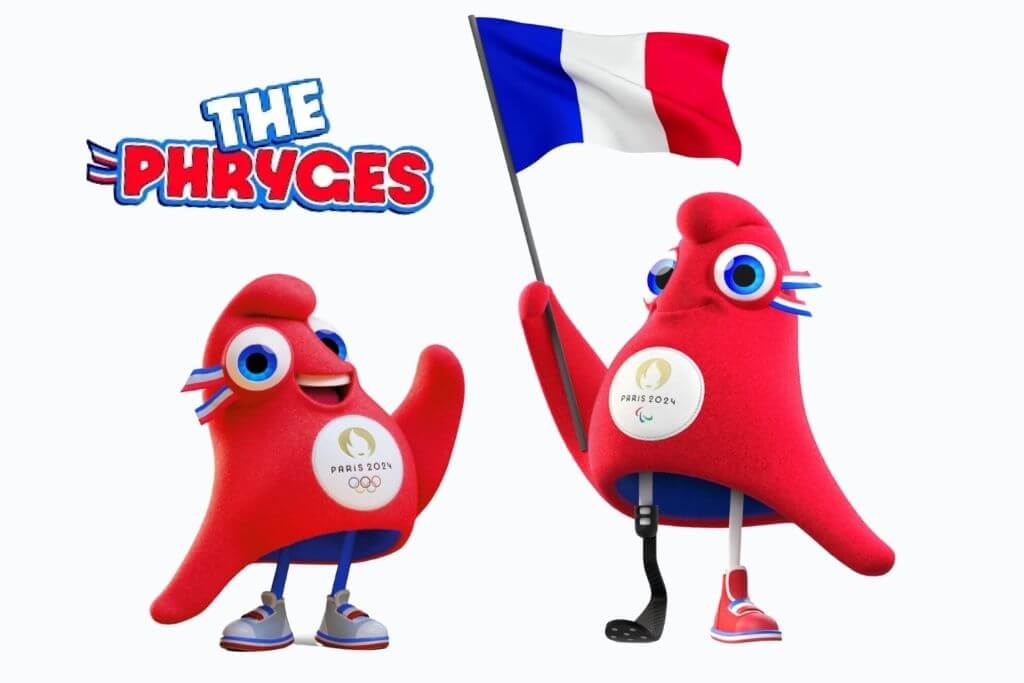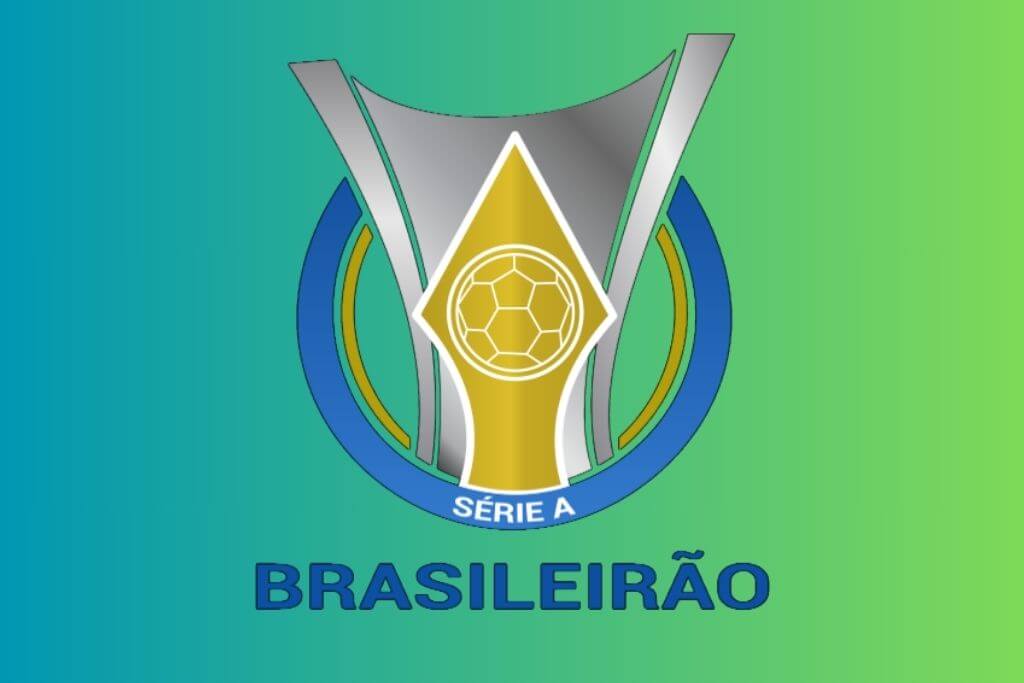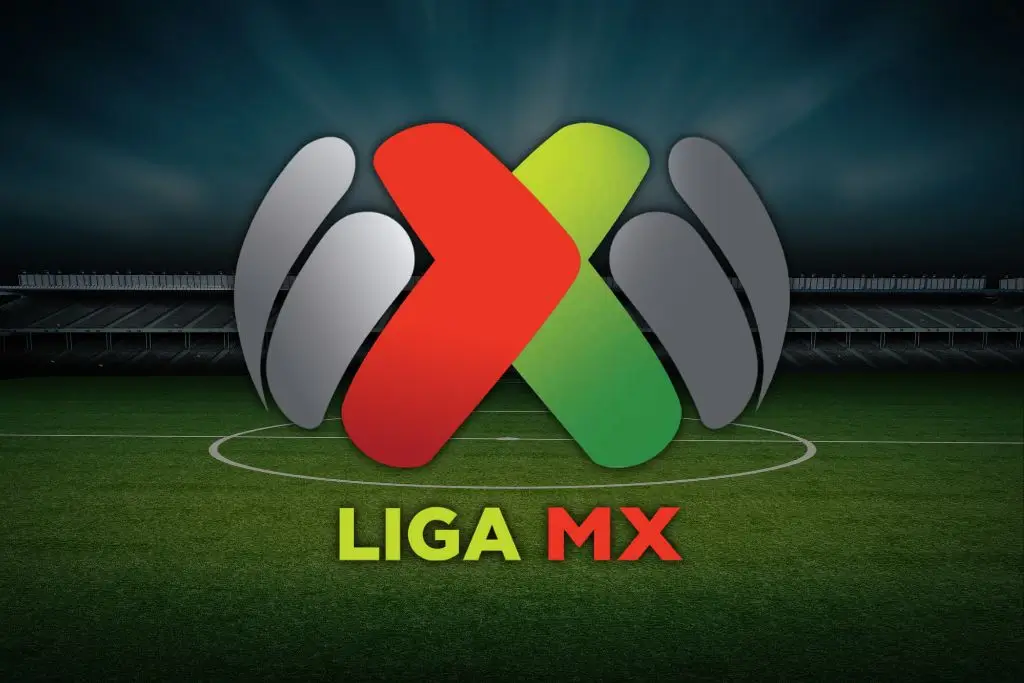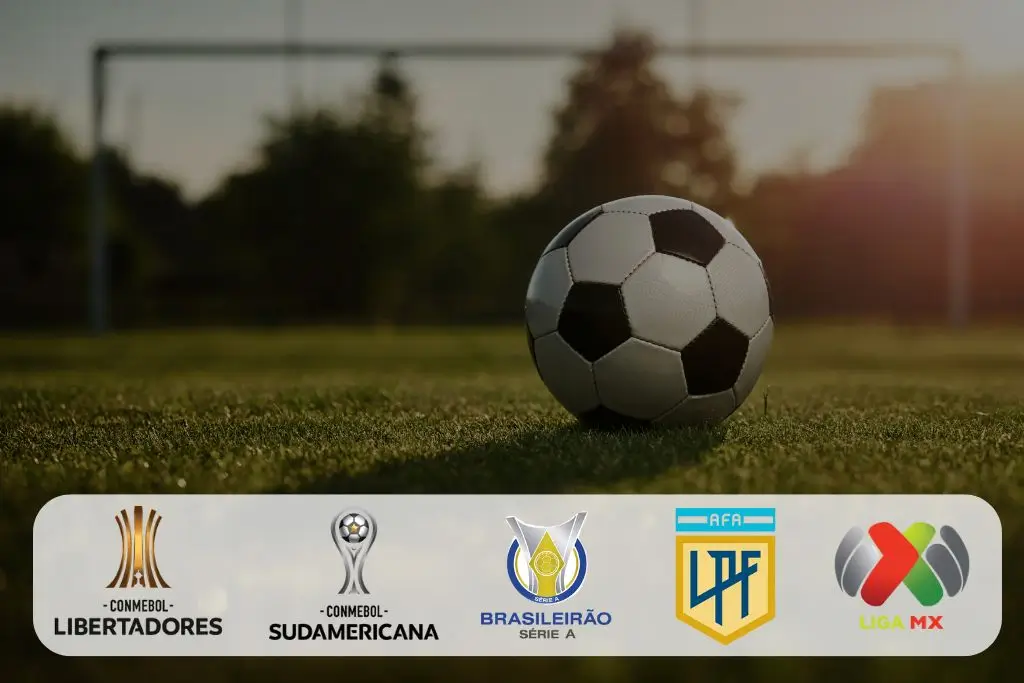See all about the 2024 Olympics in Paris and find out more about the main sports that will be taking part in the event.
Adverts
Inspired by the Olympic Games of Ancient Greece, the Olympics as we know them today began in 1896 and have since become one of the most prestigious, watched and anticipated sporting events in the world.
The Olympics, or Olympic Games, is an international sporting event attended by athletes from different countries who compete against each other in a wide variety of sports. All of these athletes defend their national teams and flags in the quest to bring their country the Olympic medal it dreams of.
The 2024 Olympic Games will take place in Paris, France, and will feature some new features, such as the inclusion of new sports and an opening ceremony unlike any other in the history of the games.
Adverts
The games will also feature 32 sports and 48 sports disciplines, an incredible variety that not only includes new artists, but also provides the public with incredible attractions.
The event is scheduled to start on 24 July and close on 11 August, and will be attended by 10,500 athletes, with approximately 206 participating countries representing all continents.
In addition to the novelties already mentioned, Paris 2024 aspires to be the first Olympic Games to achieve 100% of sustainability, adopting an ambitious policy of reducing carbon emissions by half compared to the London 2012 and Rio 2016 Games. This initiative is in line with the 2020+5 Olympic agenda.
As well as being a sporting event, the Olympics are also synonymous with unity, peace, strength and passion, which goes beyond any kind of rivalry, and makes this event provide thrilling scenes and moments in all its editions.
If you love sports and the Olympic Games, read on to find out more about the 2024 edition.
Quick Index:
Olympics: what it is
The Olympics, also known as the Olympic Games, are a large-scale international sporting event where athletes from all over the world compete in various sports. The main aim of the Olympics is to promote peace and unity between peoples through sport.
The event is held every four years, alternating between the Summer Olympics and the Winter Olympics. The Olympics were inspired by the Olympic Games of Ancient Greece and were revived in their modern form in 1896. Since then, they have become one of the most prestigious and watched sporting events in the world.
Paris 2024
The 2024 Olympics will be held in Paris, France, starting on 24 July and ending on 11 August. And it was during the 130th session of the International Olympic Committee in Lima, Peru, in 2017 that the host city for the Games was chosen.
Paris was elected for the third time in the history of the Olympics, having already hosted in 1900 and 1924. In addition to Paris, other cities in the running included Los Angeles, Hamburg, Budapest and Rome, but some of these locations dropped out due to the high costs and additional requirements of hosting the games.
You might be interested:
- Free dental implants in the Smiling Brazil Programme
- Receivables: how to claim on time
- All about the Winter Bono
The only cities that remained in the running were Los Angeles and Paris, with the latter being announced as the winner and host city for the event in 2024.
The opening of the 33rd Olympic Games is scheduled for 26 July 2024. For 19 days, various sports disciplines will be contested.
As for the 2024 Paralympic Games, they are scheduled to take place shortly after the end of the Olympics, between 28 August and 8 September 2024.
Main modalities
The Olympics feature a wide variety of sports. The 2024 edition in Paris will feature 32 sports and 48 disciplines:
- aquatics (competitive swimming, artistic swimming, aquatic marathon, diving and water polo);
- archery;
- athletics;
- badminton;
- basketball and 3×3 basketball;
- boxing;
- breaking;
- speed and slalom canoeing;
- cycling (BMX freestyle, BMX Racingroad and track);
- Equestrianism (dressage, jumping and full competition);
- fencing;
- football;
- golf;
- artistic, rhythmic and trampoline gymnastics;
- handball;
- hockey;
- judo;
- modern pentathlon;
- rowing;
- rugby e rugby sevens;
- candle;
- shooting sports;
- skateboarding;
- sport climbing;
- surfing;
- trainers;
- table tennis;
- taekwondo;
- triathlon;
- court and beach volleyball;
- weight lifting;
- Greco-Roman wrestling and freestyle.
New modalities
At the 2021 Olympics in Tokyo, six new sports were included: Baseball, Softball, Karate, Skateboarding, Climbing and Surfing. However, not all of these disciplines will remain in the 2024 games, and only three of them will: Climbing, Surfing and Skateboarding.
What's new for the 2024 Olympic Games is the inclusion of Breakdancing and Slalom Canoeing (extreme kayaking).
Breakdance: In breakdance, dancers improvise choreographies in response to music, with 16 participants competing individually. The rules involve an assessment by five judges based on six criteria.
Slalom Canoeing (extreme kayaking): extreme kayaking consists of four boats competing simultaneously on a water course, with the winner being the first to complete the course.
Other changes
At the Paris 2024 Olympic Games, new categories will be added to sailing, including Windsurfing (IQFoil class) and Kitesurfing (kite formula). Windsurfing combines elements of sailing and surfing, while kitesurfing involves a sail strapped to the athlete's body.
In sport climbingThere will be separate medals for the boulder, lead e speedunlike previous editions.
In addition, mixed competitions will be held at events such as athletics, archery e sailing dinghy.
O modern pentathlon will have a new format, with rounds of equestrianism, fencing, swimming, shooting and running, each lasting 15 minutes with 5-minute breaks, totalling 90 minutes of competition.
Mascot
The mascots of the 2024 Olympics, known as Phryges, are universal symbols of freedom, representing the Phrygian barrettes historically linked to the emancipation of slaves.

These mascots, anthropomorphic and predominantly red and white with blue eyes, reflect not only the social role of sport in transforming human relationships, but also pay homage to French history and promote a message of inclusion and freedom.
Its symbolic importance is highlighted by supporting relevant social causes and emphasising the role of sport in promoting social change. Spectators can look forward to the 2024 Olympic Games with excitement, planning their participation for a complete experience.
Opening
For the first time in the history of the Olympic Games, the opening ceremony will not take place in a stadium. The opening of Paris 2024 will see thousands of athletes parading on boats along the River Seine, which runs through Paris, in front of thousands of spectators.
Sailing from east to west, the 10,500 athletes will cross the centre of Paris, highlighting the city as the host of the Games and demonstrating its excellence over the next 16 days.
At the Opening Ceremony, the athletes will join the musical attractions on stage, reflecting Paris 2024's commitment to hosting Games created for and by athletes. The parade will conclude its 6km route in front of the Trocadero, where the final elements of the ceremony and the concerts will take place.
The Opening Ceremony of the Paris 2024 Olympic Games is set to be the biggest in the history of the Games. This grandiose event will be open to everyone, including local residents of Paris and the surrounding regions, as well as visitors from all over France and the world.
Some of Paris's main monuments will be seen during the parade: Notre-Dame, Louvre Museum, Pont des Arts, Pont Neuf, Pont Alexandre III and Musée d'Orsay.
Closing
The Closing Ceremony of the Paris 2024 Olympic Games is scheduled for 11 August 2024 at the Stade de France, which will be the only event to take place in the host city's main stadium. The programme will include a number of ceremonial events, such as cultural shows, a parade of delegations, the presentation of medals to marathon runners and the passing of the flag to the mayor of the next host city, Los Angeles. This moment will also be marked by a presentation of American culture, the playing of the US anthem and the raising of the US flag, as well as the extinguishing of the Olympic torch.
Conclusion
To summarise, the 2024 Olympics in Paris promise to be a milestone in the history of the Olympic Games, not only for top-level sport and exciting competition, but also for their commitment to sustainability and innovation.
By adopting ambitious environmental policies and seeking to significantly reduce carbon emissions, Paris 2024 aims to set a new standard for the organisation of mega sporting events.
Furthermore, the emphasis on inclusion, diversity and the promotion of peace through sport reinforces the inspiring and unifying character of the Olympic Games.
With a vision for the future, Paris 2024 is set to leave a lasting legacy not only in the world of sport, but also in raising global awareness of environmental and social issues.
You may be interested:


















